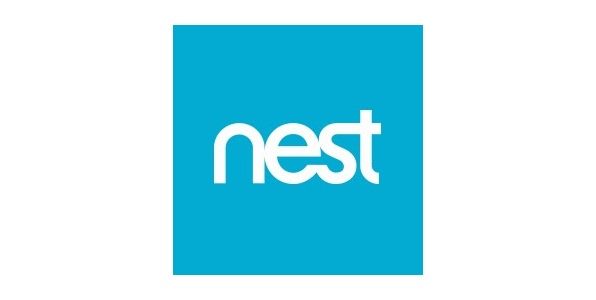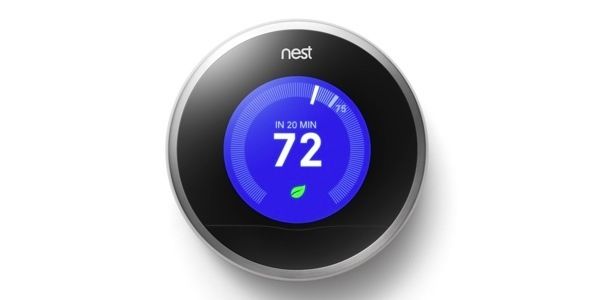Brand Highlight: Nest
The History of Nest
Your home is the most important asset you have — it’s an investment not only into the real estate market, but also into the comfort and happiness of your family. Innovative technology is making it easier than ever for homeowners to upgrade their environments, making their homes smarter, more convenient, and even more appealing.
From smart thermostats that turn themselves off to save energy, to cameras that offer complete security when you’re away from the homestead, Nest is a company devoted to making home life safer and more comfortable for everyone.
The driving force behind Nest is the desire to create a home that’s smarter, more thoughtful, and completely equipped to take care of the people within it. That’s part of the reason why their products are so popular today.
Perhaps one of the best-known producers of programmable, sensor-driven, and self-learning home devices in the world, Nest first hit the market in 2011 with its very first “Learning” thermostat. The company itself was born in 2010 thanks to two engineers formally from Apple: Matt Rogers and Tony Fadell. The pair came up with the idea of smart home technology when Fadell was building a vacation home, and decided there should be better thermostats available on the market. By the end of 2012, they had over 130 employees.
The company didn’t stop at thermostats. The Nest Protect carbon monoxide and smoke detector entered the market in October 2013, and the next year Nest purchased the camera startup “Dropcam” for $555 million — a purchase that allowed them to integrate camera technology with their systems for sensing motion and providing security recordings.
Later in 2014, Alphabet Inc. (Google) purchased Nest Labs for $3.2 billion, when it had around 280 employees. By 2015, the number of employees had grown to 1100, and a new engineering center emerged in Seattle, marking the continued success of the Nest brand identity.
Nest Products
The official motto for the Nest Labs brand is “Nest reinvents unloved but important home products” — a line that seems to represent the product line perfectly. Using the latest in smart technology, their creations include smoke alarms, thermostats, and cameras that are sensor-driven, Wi-Fi enabled, and able to communicate across various channels. The brand’s three most popular products are shining examples of the company’s dedication to reinventing home products to improve your daily life.
The Nest Thermostat
This “learning thermostat” creates schedules based on your preferences, and saves energy by automatically shutting down when no one’s home. This tool allows you to check your energy history, gives you selections of energy-efficient temperatures, and even connects to a tablet or phone so you can control your home’s temperature from wherever you are.
The Nest “Protect”
Smarter than your average smoke alarm and carbon monoxide detector, this detector seeks out both slow and fast burning fires, and pinpoints the sources of danger in your home. With Nest Protect, you can issue false alarms when you accidentally burn dinner, and receive instant alerts about your house when you’re away from your property.
Nest Cameras
A home security camera that stands watch at all times, Nest cameras send instant alerts when motion is detected on your property. The device allows you to speak through the Nest app — a useful feature, whether you’re reminding your dog to stay off the couch, or surprising intruders with the sudden sound of your voice.
Why Choose Nest?
The most appealing feature of Nest products is their smart interactivity. Not only do you get the latest in innovative home comfort and security, but when you adopt multiple Nest products, you’re investing in a system of parts that work together to offer the best home experience. If your “Nest Protect” sounds an emergency smoke alarm, your Nest Cam can instantly start recording for insurance purposes.
If that’s not enough, Nest products like the “learning thermostat” automatically save energy, lowering your heating and cooling bill by automatically shutting down when you’re not home. Even those who religiously check their thermostat are unlikely to achieve the optimized results accomplished with Nest.
Nest Labs products don’t just interact with each other — they can interact with other products, too. For example, your Mercedes Benz can alert your Nest thermostat when you’re nearly home, so your thermostat can start cooling or heating to your preferred temperature. Your Nest thermostat can set your Whirlpool washer and dryer to run when you’re out, so you come home to just-dried, wrinkle-free clothing. If your Nest Protect detects elevated carbon monoxide levels, your LIFX bulbs can flash red to inform you there may be danger (especially helpful if you’re hearing impaired).
According to Nest, integrations like these are just the beginning.



